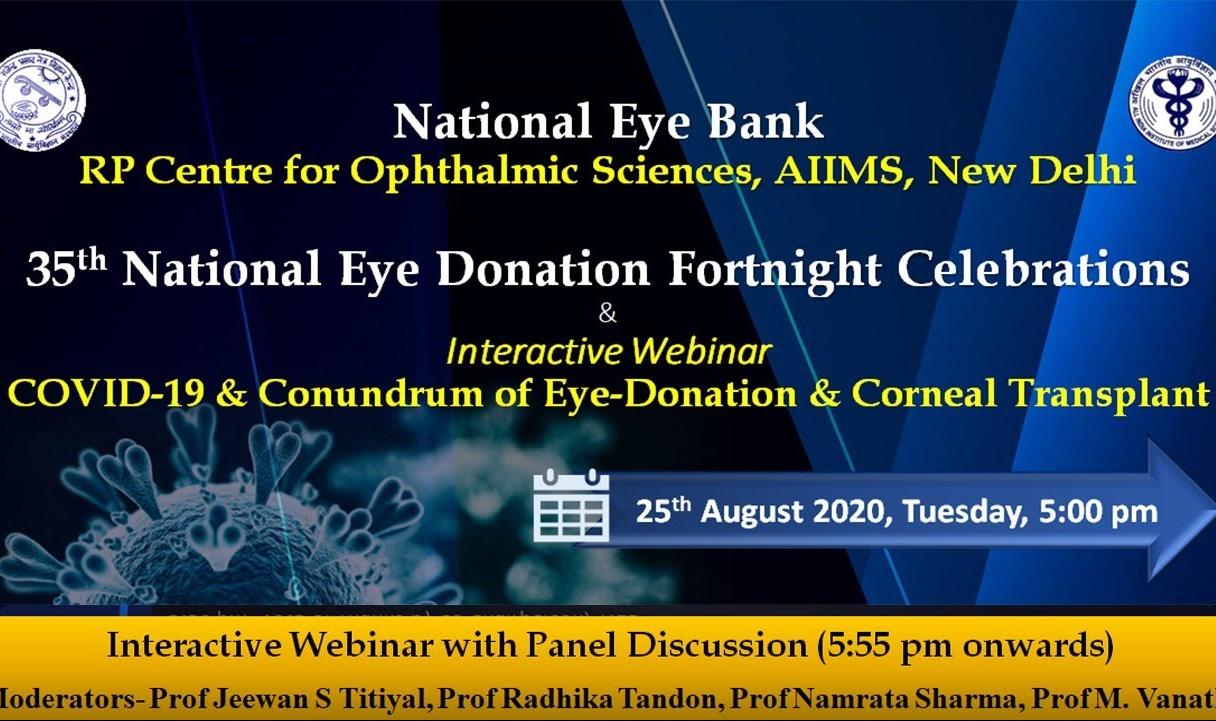Updated By: LatestGKGS Desk
Health Ministry bans manufacture, sale & distribution of Fixed Dose Combination 'FDC'

Health Ministry bans manufacture, sale & distribution of Fixed Dose Combination 'FDC': Details, Aim, Purpose, Highlights
Union Health Ministry of India, on 12th September 2018 has banned the manufacturing, selling and distribution of 328 Fixed Dose Combinations (FDCs) for human use with immediate effect.
Health Ministry has prohibited the manufacture, sale, and distribution of six FDCs subject to certain conditions. This action has been taken under the powers conferred by section 26A of the Drugs and Cosmetics Act, 1940.
The ban on the FDCs was contested by the affected manufacturers in various High Courts and the Supreme Court which was examined by the Drugs Technical Advisory Board constituted under section 5 of the Drugs and Cosmetics Act, 1940, in compliance with the directions given by the apex court. The board then submitted its report on these drugs to the Union Government.
Earlier, the Government of India on 10 March 2016 had banned the manufacture for sale, sale, and distribution for human use of 344 FDCs under section 26 A of the Drugs and Cosmetics Act, 1940.
About Fixed Dose Combination (FDC) Drugs
Fixed Dose Combination (FDC) drugs mean when 2 or more therapeutic ingredients are contained in a single dosage form of a drug. It lessens the number of pills taken by a person each day.
Apparently, the FDCs were developed to target a single disease, however, they may also target multiple diseases or conditions.
FDC drugs are mostly used to simplify disease management for chronic diseases such as HIV, asthma, diabetes, lipid regulation, and hypertension.
The FDCs include anti-diabetic drugs, HIV drugs, antibiotics and analgesics such as Saridon, Panderm Plus, and Taxim AZ.


